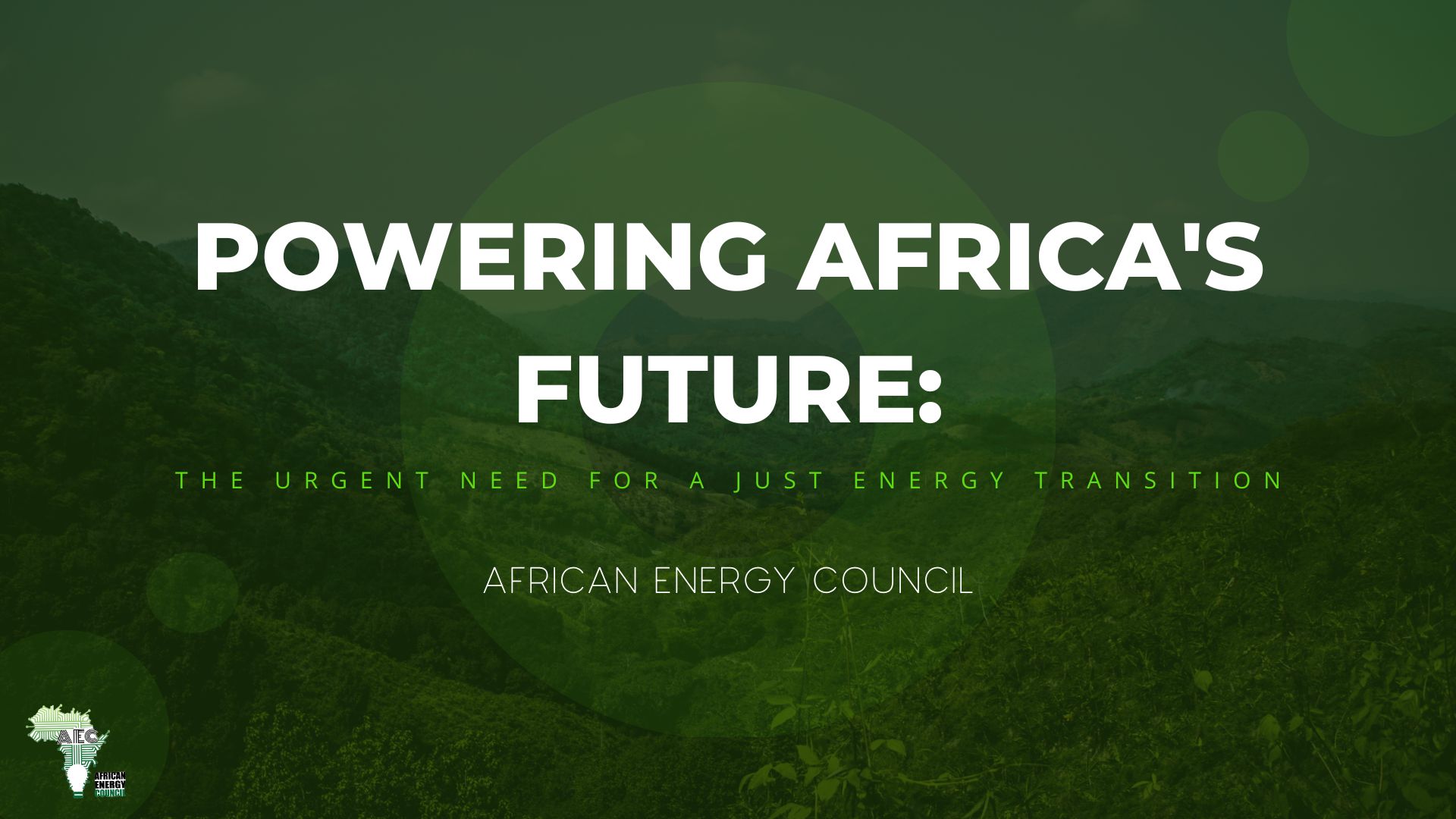Africa is currently undergoing a significant energy transition, with a focus on moving away from traditional fossil fuels towards more sustainable and renewable energy sources. This transition, often referred to as the Just Energy Transition, has the potential to transform the continent’s energy landscape and improve the lives of millions of people.
One of the key drivers of the Just Energy Transition in Africa is the urgent need to address the continent’s energy poverty. Despite being home to some of the world’s largest oil and gas reserves, Africa has the lowest rate of access to electricity in the world. According to the International Energy Agency, over 580 million people in Africa lack access to electricity, with many relying on traditional biomass for cooking and heating.
The Just Energy Transition aims to address this energy poverty while also promoting sustainable development and mitigating the impacts of climate change. This involves a shift towards renewable energy sources such as solar, wind, and hydro power, which are abundant in many parts of Africa. By embracing renewable energy, African countries can reduce their reliance on fossil fuels, which not only contribute to climate change but also expose many countries to volatile international energy markets.
However, the Just Energy Transition must be approached in a way that is both equitable and inclusive, ensuring that all members of society benefit from the transition to renewable energy. This includes ensuring that low-income households, rural communities, and women are not left behind as the energy transition takes place.
To achieve this, governments and international organizations must invest in expanding access to energy and ensuring that vulnerable communities have access to affordable and reliable energy sources. This could include the development of off-grid renewable energy solutions that can provide energy to remote communities without access to the national grid. It could also involve the establishment of financing mechanisms to support the adoption of renewable energy by low-income households and small businesses.
Another important aspect of the Just Energy Transition in Africa is the need to create new job opportunities in the renewable energy sector. As traditional fossil fuel industries decline, African countries must work to create new job opportunities in the renewable energy sector to ensure that workers are not left behind. This could involve investing in training and education programs to ensure that workers have the skills they need to succeed in the renewable energy industry.
In conclusion, the Just Energy Transition in Africa is a critical step towards promoting sustainable development and mitigating the impacts of climate change while also addressing energy poverty. By embracing renewable energy and ensuring that the transition is equitable and inclusive, African countries have the potential to transform their energy systems and improve the lives of millions of people. However, achieving a just energy transition will require significant investment, collaboration, and commitment from governments, international organizations, and civil society groups.

